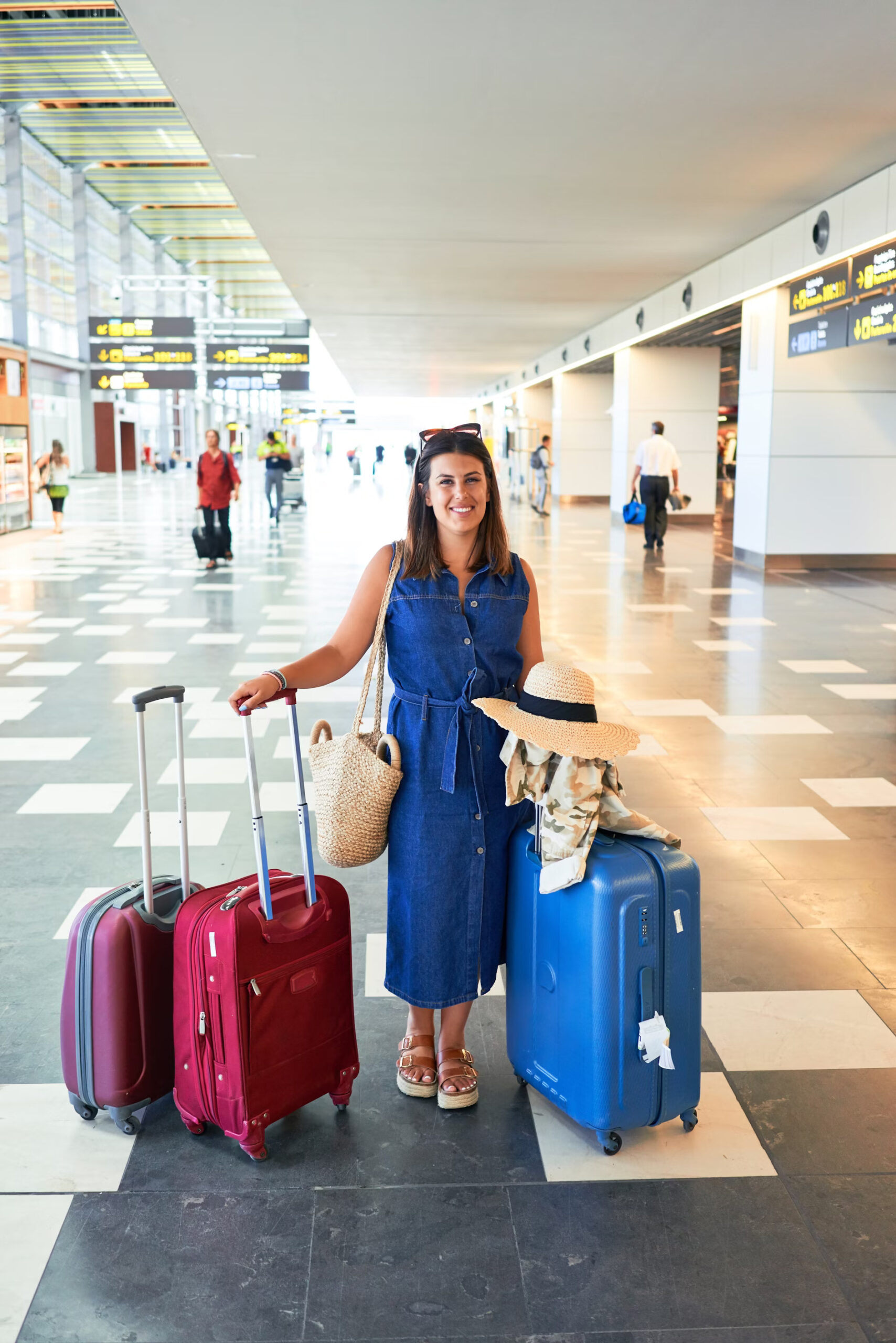Travelling is an enriching experience, yet it is not without its risks. Women, in particular, may be targeted by scammers who exploit their vulnerability. By being aware of common scams and how to avoid them, female travellers can protect themselves and enjoy their journeys with peace of mind.
1. The Fake Taxi Scam
One of the most common scams involves fake taxis. Women travellers are often targeted by drivers who overcharge or take them on longer routes to inflate the fare. It is crucial to always use a reputable taxi service or ride-hailing app. If you must take a taxi off the street, ensure the driver uses a meter or agrees on a fare before the journey begins. Additionally, tracking your route on a GPS app can prevent detours and provide a sense of security.
2. The Distraction Technique
Scammers frequently use distractions to steal from unsuspecting travellers. Women, especially those travelling alone, may be approached by someone asking for help or directions. Meanwhile, an accomplice may be attempting to pickpocket. To avoid falling victim to this, keep your belongings close and be cautious of people invading your personal space. Wearing a money belt or using anti-theft bags can add an extra layer of protection.
3. The Friendship Bracelet Scam
A popular scam in tourist areas involves a seemingly friendly person offering a “gift,” such as a bracelet. Once the item is in your possession, the scammer demands payment and may become aggressive if you refuse. It is advisable to politely decline such offers from strangers. Walking away or firmly saying “no” can help you avoid these situations entirely.
4. The Accommodation Overbooking Scam
Women travellers may encounter scams where they are told their accommodation is overbooked or closed, and are then directed to a more expensive or unsafe alternative. To avoid this, always confirm your booking directly with the accommodation provider before arriving. Having a backup plan, such as a list of nearby hotels or alternative lodging, can also be beneficial.
5. The Free Drink Scam
In some places, women may be offered free drinks at bars or clubs, only to find themselves with a hefty bill at the end of the night. In worse cases, the drink may be spiked. To stay safe, always watch your drink being prepared and never accept beverages from strangers. It is safer to stick to bottled drinks or those poured in front of you.
Conclusion
By understanding these common travel scams and taking proactive steps, women can significantly reduce the risks while travelling. Remaining cautious, staying informed, and trusting your instincts are essential strategies for avoiding these pitfalls. By doing so, your travel experiences can remain as enriching and safe as possible.

